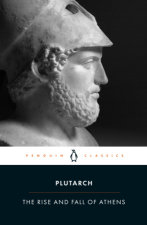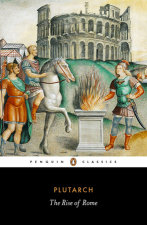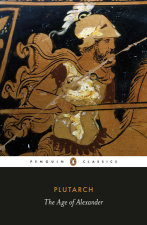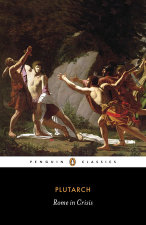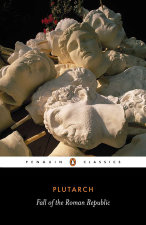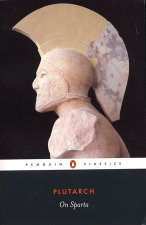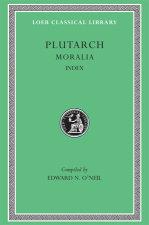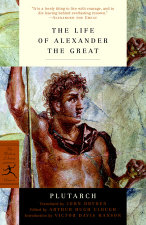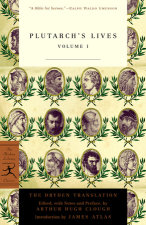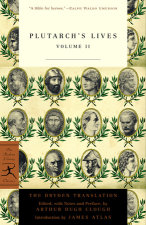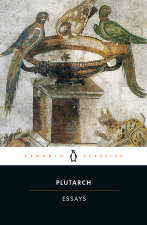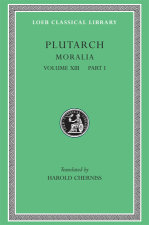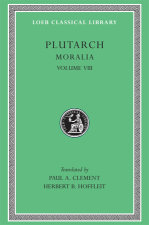The Age of Caesar
Five Roman Lives
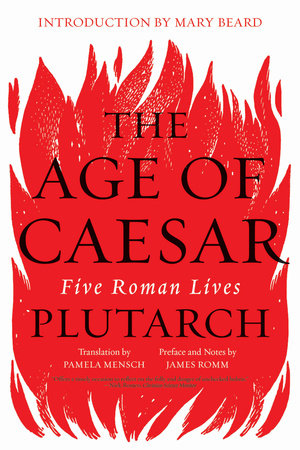
"Plutarch regularly shows that great leaders transcend their own purely material interests and petty, personal vanities. Noble ideals actually do matter, in government as in life." —Michael Dirda, Washington Post Pompey, Caesar, Cicero, Brutus, Antony: the names resonate across thousands of years. Major figures in the civil wars that brutally ended the Roman republic, their lives still haunt us as examples of how the hunger for personal power can overwhelm collective politics, how the exaltation of the military can corrode civilian authority, and how the best intentions can lead to disastrous consequences. Plutarch renders these history-making lives as flesh-and-blood characters, often by deftly marshalling small details…
A brilliant new translation of five of history’s greatest lives from Plutarch, the inventor of biography.
Plutarch (c.50-c.120 AD) was a writer and thinker born into a wealthy, established family of Chaeronea in central Greece. He received the best possible education in rhetoric and philosophy, and traveled to Asia Minor and Egypt. Later, a series of visits to Rome and Italy contributed to his fame, which was given official recognition by the emperors Trajan and Hadrian. Plutarch rendered conscientious service to his province and city (where he continued to live), as well as holding a priesthood at nearby Delphi. His voluminous surviving writings are broadly divided into the ‘moral’ works and the Parallel Lives of outstanding Greek and Roman leaders. The former (Moralia) are a mixture of rhetorical and antiquarian pieces, together with technical and moral…
